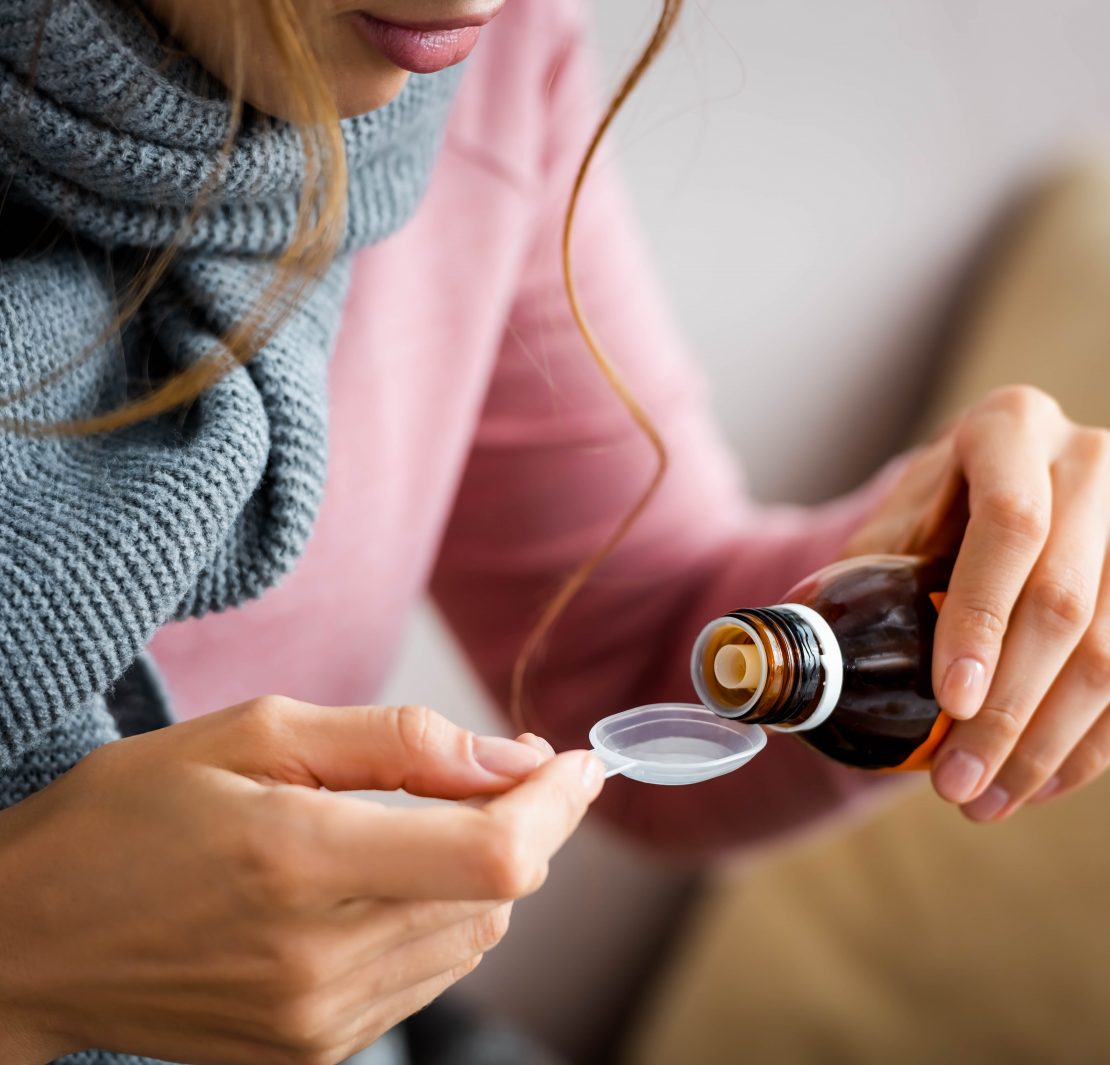On Wednesday, the World Health Organization (WHO) warned against over four fever, cold and cough syrups made by an Indian company, urging people to not use them. This comes after the death of 66 children in Gambia. All the four syrups — Promethazine Oral Solution, Kofexmalin Baby Cough Syrup, Makoff Baby Cough Syrup and Magrip N Cold Syrup – were made by Haryana-based Maiden Pharmaceuticals.
“Laboratory analysis of samples of each of the four products confirms that they contain unacceptable amounts of diethylene glycol and ethylene glycol as contaminants. To date, these four products have been identified in Gambia, but may have been distributed, through informal markets, to other countries or regions,” WHO said in the alert.
Diethylene glycol and ethylene glycol are toxic to humans when consumed and can prove fatal. The WHO identified diethylene glycol or ethylene glycol contamination in four of the 23 samples that were evaluated. However, the intra-government agency has not given India any information regarding the causal relationship or any documentation demonstrating that the syrups were to blame for the fatalities.
The international organization had raised the problem with the Drugs Controller General of India (DCGI) on September 29, according to sources in the Ministry of Health and Family Welfare. As of today, the Indian government has initiated a probe into the four cough syrups after the alert from the WHO.
The deaths of 17 children were reported from Jammu and Kashmir in 2020 after ingesting another brand of cough syrup contaminated with the same diethylene glycol in India. Another incident involved at least three children who died in New Delhi last year after ingesting a cough syrup that contained dextromethorphan, one of the components present in one of the four syrups flagged by WHO.
The alert has warned that these products may have been exported to other countries as well and there is a possibility of global exposure. It also urged that nations step up their supply chain vigilance in order to find and eliminate any subpar goods. Importantly, it also called for the surveillance of informal or unregulated markets.




